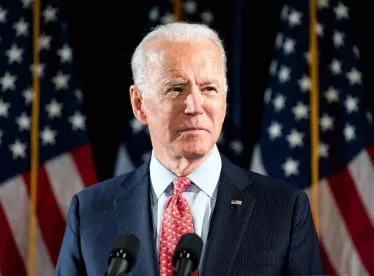On May 14, 2021, President Biden issued an executive order revoking, among other things, his predecessor’s action (Executive Order 13295 of May 28, 2020) that directed the executive branch to clarify certain provisions under Section 230 of the Communications Decency Act (“Section 230” or the “CDA”) and remedy what former President Trump had claimed was the social media platforms’ “selective censorship” of user content and the “flagging” of content that does not violate a provider’s terms of service. The now-revoked executive order had, among other things, directed the Commerce Department to petition for rulemaking with the FCC to clarify certain aspect of CDA immunity for online providers (the FCC invited public input on the topic, but did not ultimately move forward with a proposed rulemaking) and requested the DOJ to draft proposed legislation curtailing the protections under the CDA (the DOJ submitted a reform proposal to Congress last October).
Putting aside any discussion of the legal efficacy of President Trump’s executive order, it did reinforce the status of CDA reform as a forefront policy debate in Congress. There are a handful of CDA reform bills being considered at the committee level in the current legislative session and more in the discussion draft or other stage of introduction – though, to be sure, other legislative items are, for now, taking center stage in Congress.
President Biden’s latest action essentially offers a clean slate for both parties and the White House to discuss reforms anew. Even though there appears to be an appetite for CDA reform and some consensus on the need to reexamine the CDA in light of the new digital age, the parties diverge greatly in the reasons and focus of such reform, making any potential reform likely to be incremental, rather than a wholesale rewrite of Section 230. We will continue to follow these developments as there is a lot at stake when it comes to any changes to the protections under the CDA.



 />i
/>i

